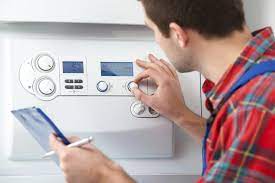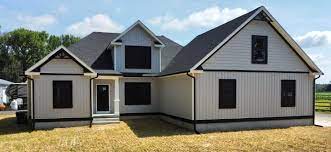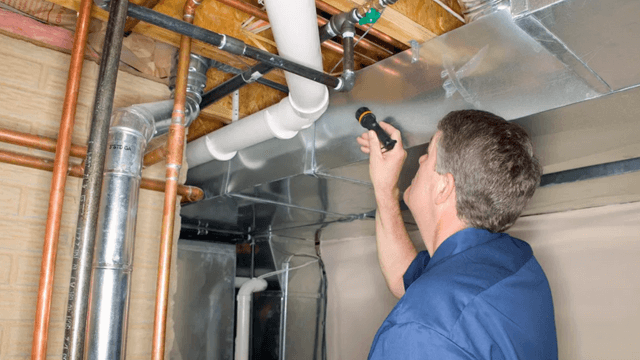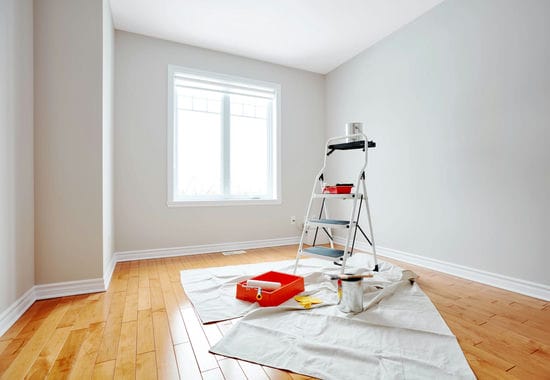DIY Homeowner’s Guide to Boiler Maintenance in London: Tips and Tricks

Maintaining your home’s boiler is an essential task that should be done regularly to ensure the safety and efficiency of your heating system. As a homeowner in London, you have the responsibility to keep your boiler in good condition to avoid any potential risks and to prolong its lifespan. However, boiler maintenance can be a daunting task, especially if you’re not familiar with the technicalities involved.
This DIY homeowner’s guide to boiler maintenance in London is designed to help you understand the basics of boiler maintenance and provide you with practical tips on how to keep your boiler running smoothly. From checking the pressure and temperature to identifying common issues and knowing when to call a professional, this guide covers everything you need to know to maintain your boiler effectively. By following the steps outlined in this guide, you’ll be able to save money on repairs, improve the efficiency of your heating system, and ensure the safety of your home and family. For more information on boiler maintenance,visit site.
Essential Boiler Maintenance for London Homeowners
As a London homeowner, it’s essential to keep your boiler system in good condition to ensure it runs efficiently and safely. Here are two critical aspects of boiler maintenance that you should keep in mind:
Understanding Your Boiler System
Before you begin any maintenance, it’s essential to understand the basics of your boiler system. Your boiler system comprises several components, including the boiler itself, the pipes, and the radiators. The boiler heats water, which then flows through the pipes to the radiators, providing heat to your home.
It’s essential to know the type of boiler you have, as this will determine the maintenance required. The three main types of boilers are combi boilers, system boilers, and regular boilers. Each type requires different maintenance, so it’s crucial to know which one you have.
Routine Inspection and Cleaning
Regular inspection and cleaning are crucial to keeping your boiler system in good condition. Here are some maintenance tasks you can do yourself:
- Check the pressure gauge regularly and ensure it’s within the recommended range.
- Inspect the flue to ensure it’s not blocked or damaged.
- Clean the radiators to ensure they’re free of dust and debris.
- Bleed the radiators to remove any trapped air, which can cause cold spots.
It’s also essential to have your boiler system serviced annually by a Gas Safe registered engineer. They’ll be able to identify any potential issues and carry out any necessary repairs.
By following these essential maintenance tasks, you can ensure your boiler system runs efficiently and safely, keeping your home warm and comfortable all year round.
Advanced DIY Boiler Care Strategies
As a DIY homeowner, you can take your boiler maintenance to the next level with advanced strategies that can help you optimise efficiency and troubleshoot common issues. Here are some tips to help you keep your boiler in top condition:
Efficiency Optimisation
To optimise your boiler’s efficiency, you can start by insulating your pipes and boiler to prevent heat loss. You can also install a programmable thermostat to control your heating more efficiently. Additionally, you can bleed your radiators to ensure they are working properly and not blocking the flow of hot water.
Another way to optimise efficiency is to regularly clean your boiler’s heat exchanger. This can be done by removing the cover and using a soft brush to remove any debris or dust that may have accumulated. You can also use a vacuum to remove any loose debris.
Troubleshooting Common Issues
If you are experiencing common boiler issues such as low pressure or a malfunctioning pilot light, there are some troubleshooting steps you can take before calling in a professional.
For low pressure, you can try topping up the pressure using the filling loop. If the pilot light is not working, you can check if the gas supply is on, and if it is, try relighting the pilot light.
It is important to note that if you are not confident in your ability to troubleshoot these issues, it is best to call in a professional to avoid causing further damage to your boiler.
By following these advanced DIY boiler care strategies, you can ensure that your heating system is running efficiently and effectively, saving you money on energy bills and preventing costly repairs.
Frequently Asked QuestionsWhat steps are involved in performing basic maintenance on a residential boiler?
Performing basic maintenance on a residential boiler involves a few simple steps. First, ensure that the boiler is turned off and cooled down before starting any maintenance. Then, clean the exterior of the boiler and remove any debris or dust that may have accumulated. Check the pressure gauge and ensure that the pressure is within the recommended range. Finally, inspect the boiler’s vents, flues, and pipes for any damage or blockages.
Is it legal for homeowners to service their own boilers in the UK?
Yes, it is legal for homeowners to service their own boilers in the UK. However, it is important to ensure that you have the necessary skills and knowledge to perform the maintenance safely and effectively.
How often should a typical home boiler be serviced to ensure efficiency and safety?
A typical home boiler should be serviced at least once a year to ensure efficiency and safety. Regular maintenance can help prevent breakdowns and prolong the lifespan of the boiler.
What are the potential costs associated with servicing a boiler through a professional service like British Gas?
The cost of servicing a boiler through a professional service like British Gas can vary depending on the type of boiler and the extent of the maintenance required. However, the average cost for a boiler service is around £80-£100.
Are there grants available for boiler maintenance or replacement for homeowners in London?
Yes, there are grants available for boiler maintenance or replacement for homeowners in London. The government’s Energy Company Obligation (ECO) scheme provides funding for eligible households to improve their energy efficiency, including boiler replacements.
What should one consider before deciding to replace an old boiler system?
Before deciding to replace an old boiler system, it is important to consider the age and condition of the existing boiler, as well as the potential cost savings and energy efficiency of a new system. It may also be worth consulting with a professional heating engineer to assess the best options for your home.
Some info for this article was sourced from https://www.which.co.uk/reviews/boilers/article/boiler-maintenance/getting-the-best-boiler-service-a9h945b2brSV






